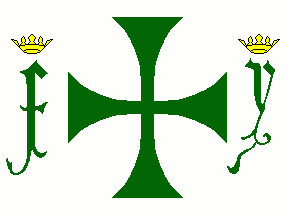

"America had often been discovered before Columbus, but it had always been hushed up." Oscar Wilde
The Asiatic peoples who became Native Americans were probably the first peoples in America, tens of thousands of years ago.
The Vikings colonized the island of Greenland and established a brief settlement at L'Anse aux Meadows on Newfoundland around 1006. The case of the Viking trips to North America stands out as being fairly well supported by both historical and archaeological evidence. The so-called Vinland sagas of Icelandic and Norse literature tell of travels by Leif Eriksson and other Vikings, around the year 1000, to a land called Vinland to the west of Greenland. The shipbuilding and navigational skills of the Viking were well-known, and the trip from Greenland to Newfoundland would have been a relatively short one. In 1961, archeologists Helge and Anne Ingstad uncovered remains of a Viking settlement at the L'Anse aux Meadows site in Newfoundland, thus proving the Vinland sagas to be true.
Many other pre-Columbian discoveries are not well accepted. Claims have been made for St. Brendan, Basque fishermen, Portuguese, Chinese, Japanese, Africans, and even Carthaginians.
In spite of this, Columbus's discovery is rightly regarded as the most historically important. Unlike the others, Columbus arrival resulted in permanent two-way traffic between the Old World and the New. Previous discoveries were so obscure that almost no one in either hemisphere was aware of the other hemisphere's existence prior to Columbus. But after Columbus, everyone knew. The "Admiral of the Ocean Sea," changed the world.
Pre Columbus Trans Atlantic Contact